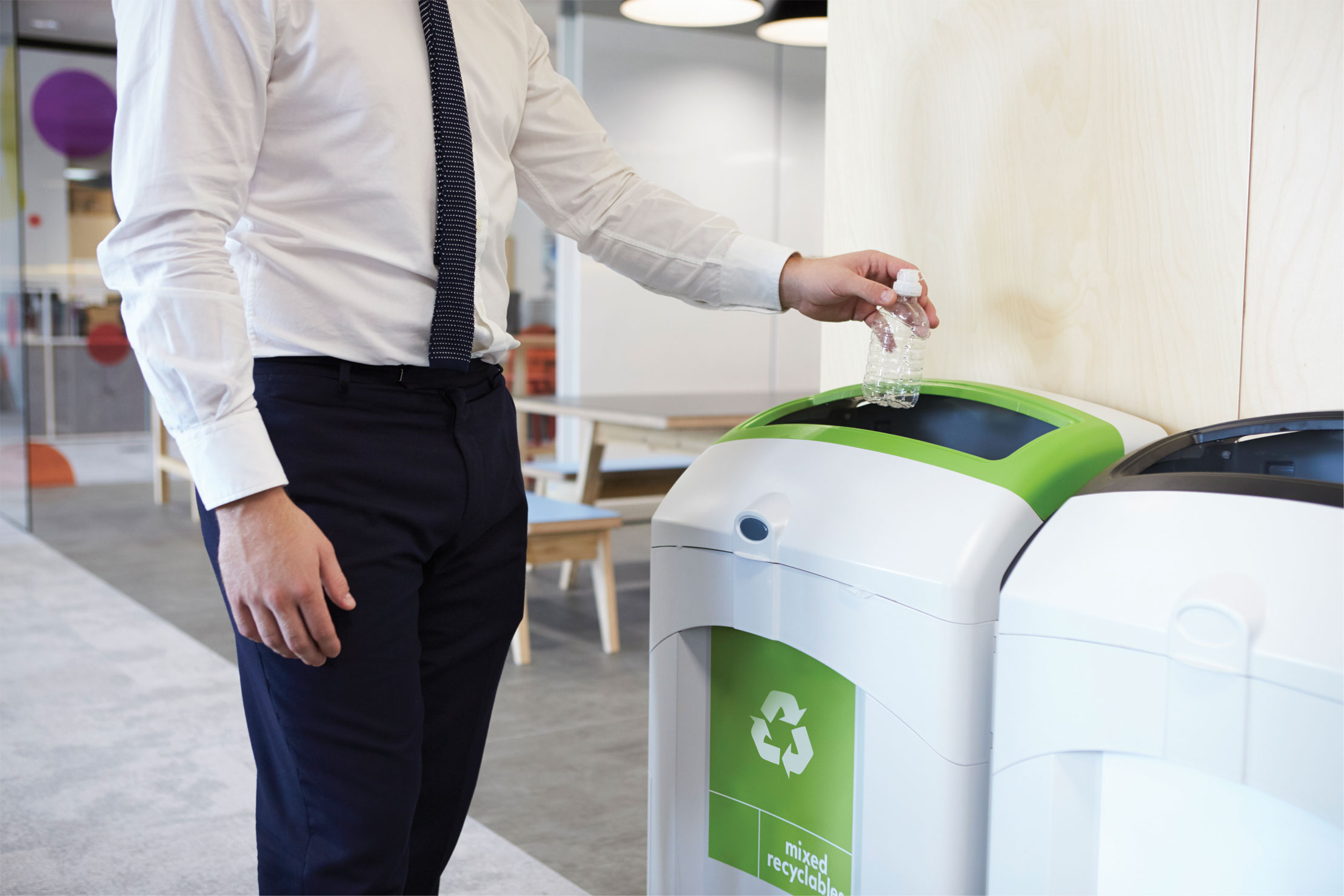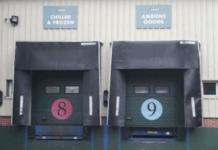Paul Hill recently spoke to JTI UK about its work within the wholesale sector and in particular its focus on sustainability. Alongside its own efforts to globally become carbon neutral by 2030 and Net Zero by 2050, JTI UK has been supporting wholesalers to implement sustainable practices and has conducted a number of projects with wholesalers across the UK over the past 18 months.
The aim throughout this series is to help wholesalers in four key areas within sustainability: Energy, Waste Management, Transport, and Social & Ethical performance. JTI UK will be sharing its knowledge on all four and with that will come actionable advice and information that wholesalers will be able to implement within their operations.
For part two of the series, JTI UK, will support wholesalers with waste management tips, including input from the Federation of Wholesale Distributors. JTI will advise wholesalers on the key actions they can implement within their businesses relating to waste-reduction measures, reusing procedure and recycling.

There is a huge appetite for change in the industry, and waste management is vital to any sustainability plan. Having an eco-friendly and efficient waste strategy in place is a key step towards sustainability for any wholesale operation.
As the UK’s leading total tobacco company, JTI UK is committed to environmental sustainability, having pledged a global target to become carbon neutral by 2030 and Net Zero by 2050.
A 2021 JTI UK wholesaler survey on sustainability found that:
-
93% of wholesalers view sustainability as a priority for their business and want more support from suppliers.
-
The most popular sustainability initiative currently being carried out by wholesalers is recycling (98.1%).
-
64% of independent/convenience retailers want more sustainable Point of Sale Material (POSM).
JTI UK’s three tips for being more sustainable through energy sources:
Create a retailer recycling drop-off – allowing retailers to return wholesale packaging is a great way to demonstrate your sustainability credentials to customers.
Digitise your paperwork – from invoices to payslips, going digital both reduces paper waste and makes record-keeping easier.
Review internal recycling processes – make sure recycling bins are easily accessible and ensure all material is properly disposed of.
Three challenges wholesalers face through energy sources:
Staff training – you’ll need to make sure all employees understand the importance of waste management and are following procedure.
Getting retailer buy-in – make sure retailers are aware of your recycling drop-off launch and why it’s a good idea for them to bring packaging back.
Collaboration with contractors – speak with your waste contractors about tricky waste streams to see what the most responsible disposal method is.
JTI UK expert viewpoint:

“At JTI UK, we’re passionate about sustainability and we understand how important waste management is.
We’re serious about protecting the environment, which is why by 2023 we plan to no longer send any of our operational waste to landfill. In fact, we aim to reach a 75% recycling rate by 2030. We are on our way to achieving this through assessing our waste collections, updating our waste contracts, and engaging with our stakeholders.
We are finding ways to reduce the overall amount of virgin materials (including plastic) that we use in our packaging. We’ve set targets to reduce our packaging including implementing 85% reusable or recyclable packaging by 2025 and 100% by 2030. In total, recycled content will account for 20% of our tobacco business packaging by 2025. Since 2021 we have already managed to use 84% reusable or recyclable packaging, as well as using 16% recycled content in our packaging.
But we know that our role in sustainable waste management goes beyond that. We’re keen to support wholesalers with their own efforts to reduce waste and increase recycling. Simple changes, like going paperless or using sustainable point of sale materials, can make a big difference.
Our aim to is help facilitate a sector-wide push to implement environmentally friendly business practices and maximise our industry’s sustainability potential.”
Industry expert viewpoint:

“Waste reduction is an issue where the entire supply chain has to work together, and wholesalers want to be leading that collaboration. Some very serious discussions are needed about how much food and packaging we produce, where it comes from, where it goes to, and how much avoidable wastage is currently built into our offer to consumers.
We need to understand demand and supply in order to forecast better and that requires transparency and a willingness to share data, and warn supply chain partners of obstacles. Wholesalers are doing what they can, for example donating over half a million meal equivalents to FareShare in the Summer school holidays, encouraging customers to recycle with reclaim schemes for cooking oil, and introducing office and fleet efficiencies to reduce their own food and packaging waste.”
For more information on what JTI is doing to improve its environmental sustainability, wholesalers can talk to their JTI Business Adviser or visit www.jti.com/uk/sustainability








